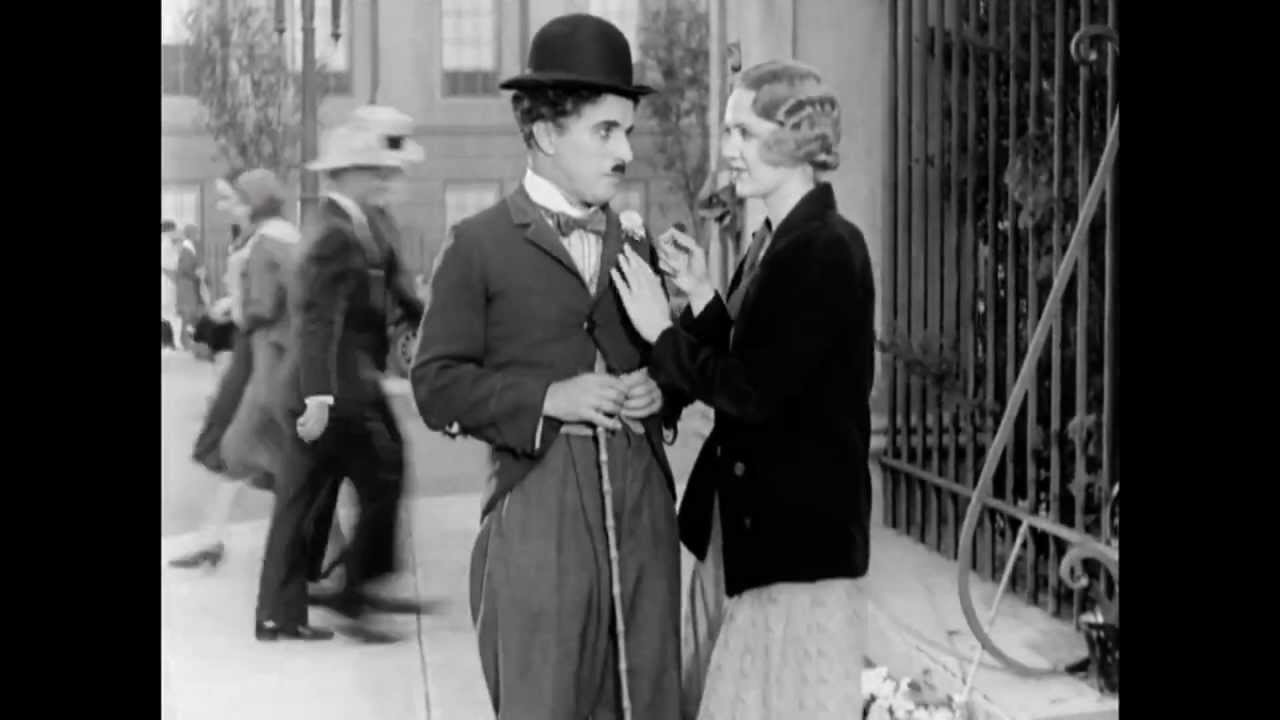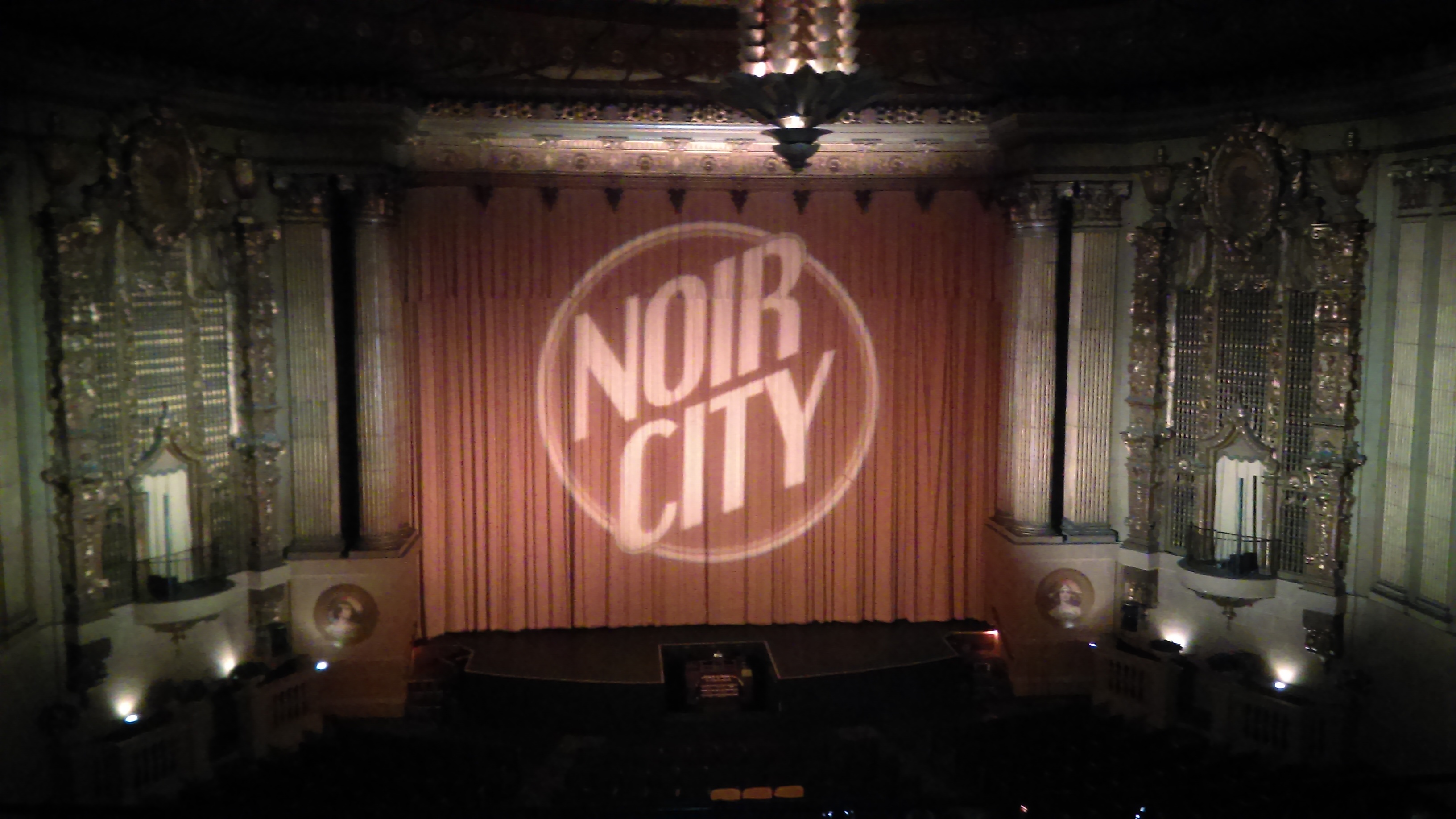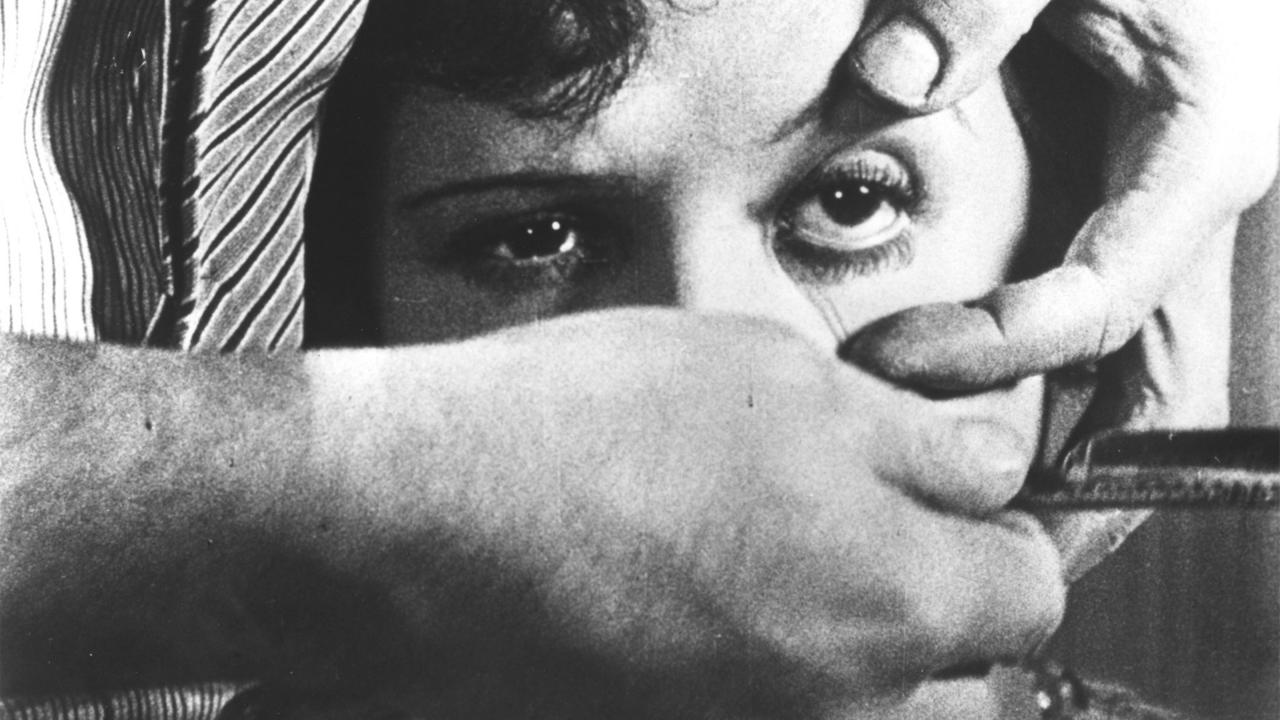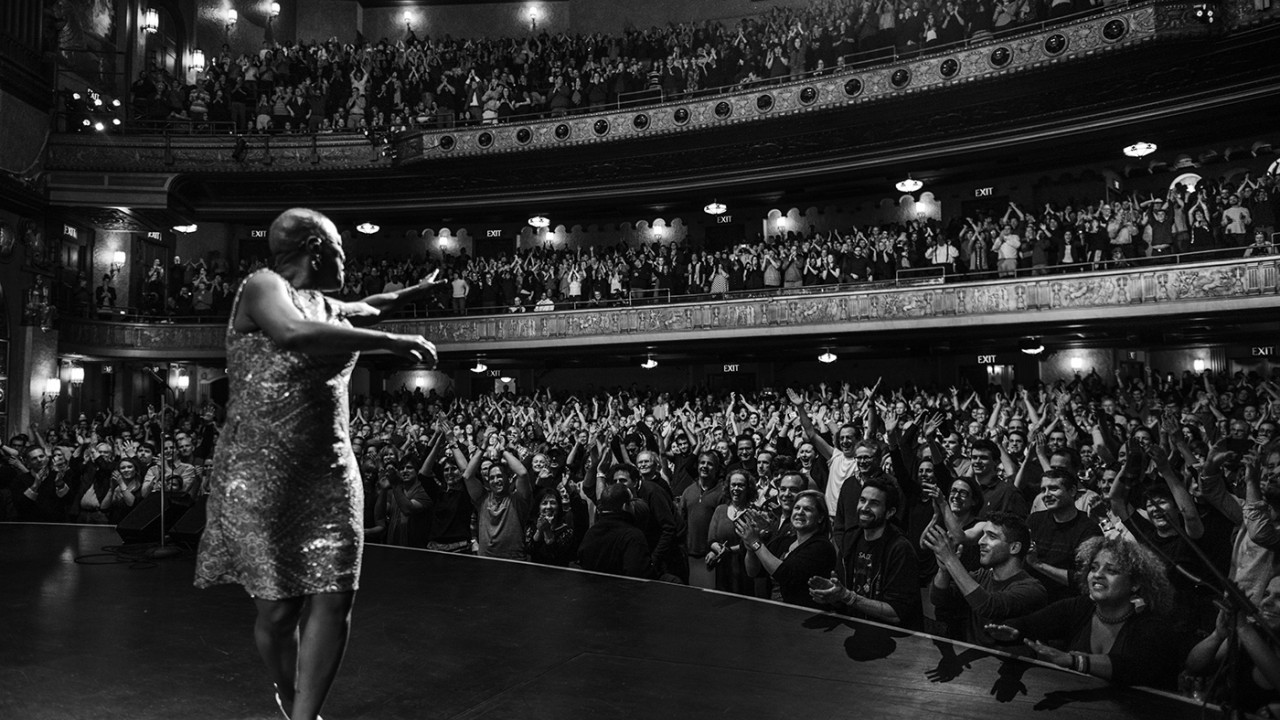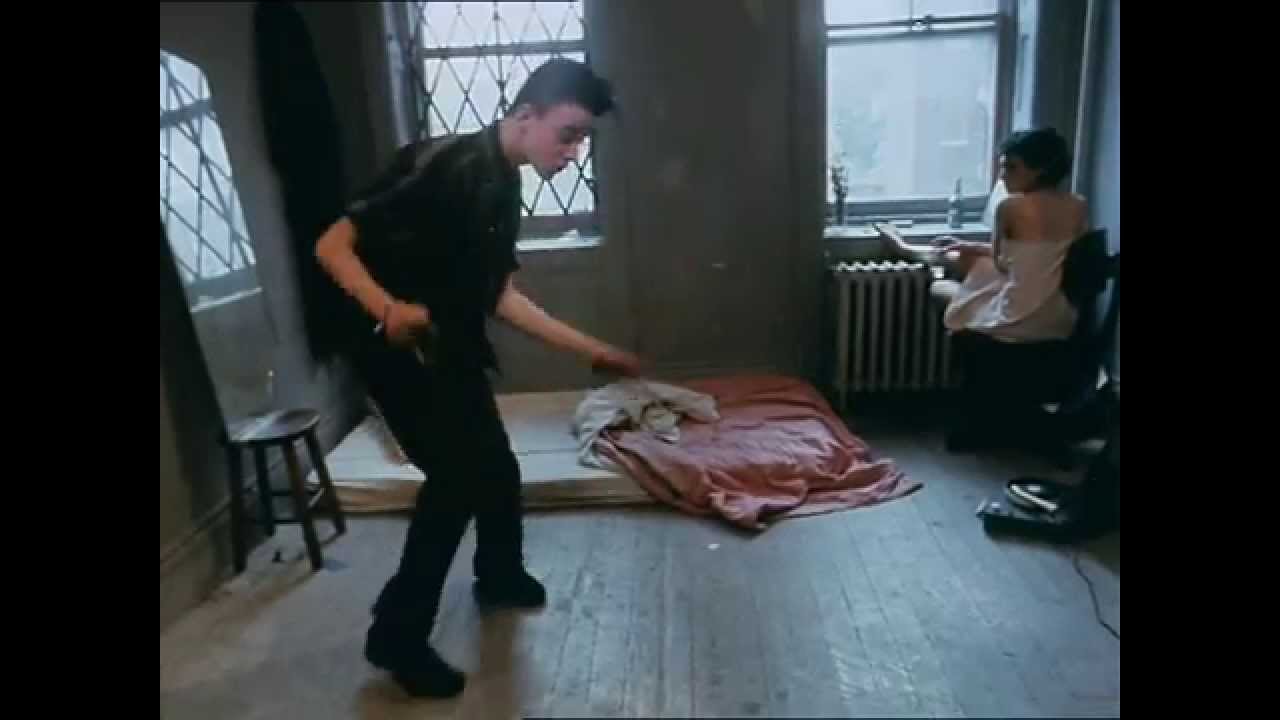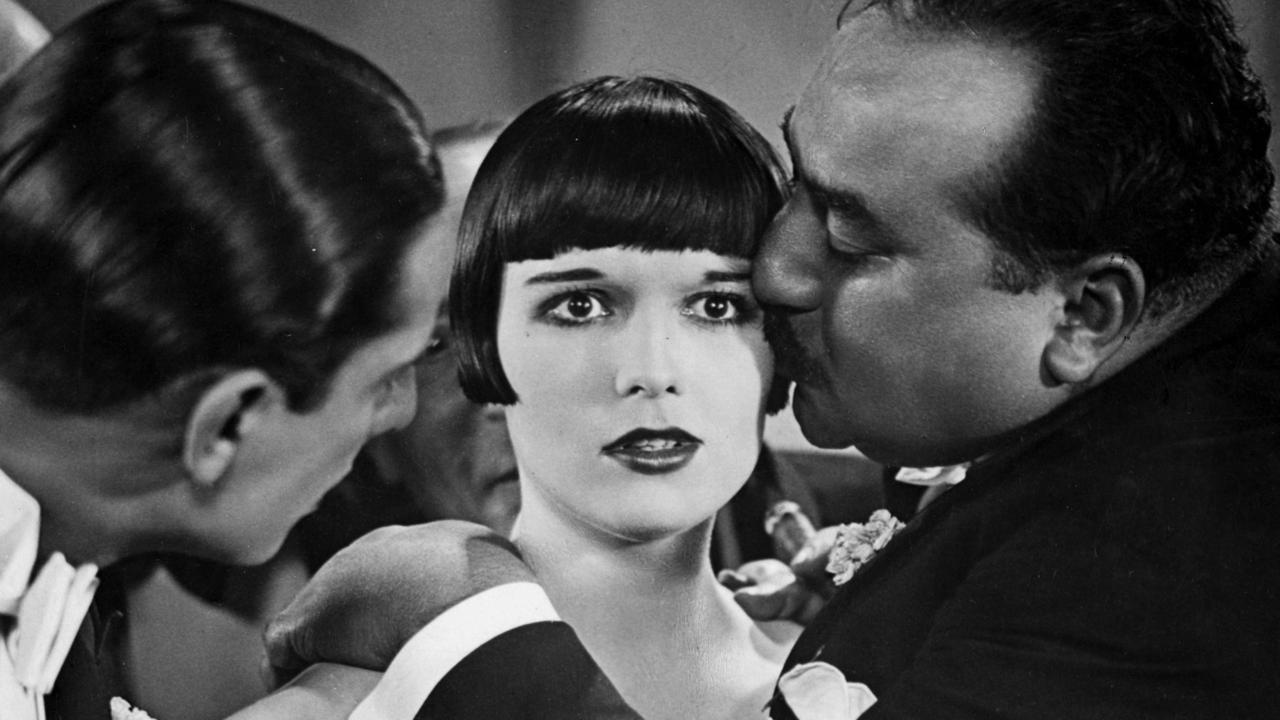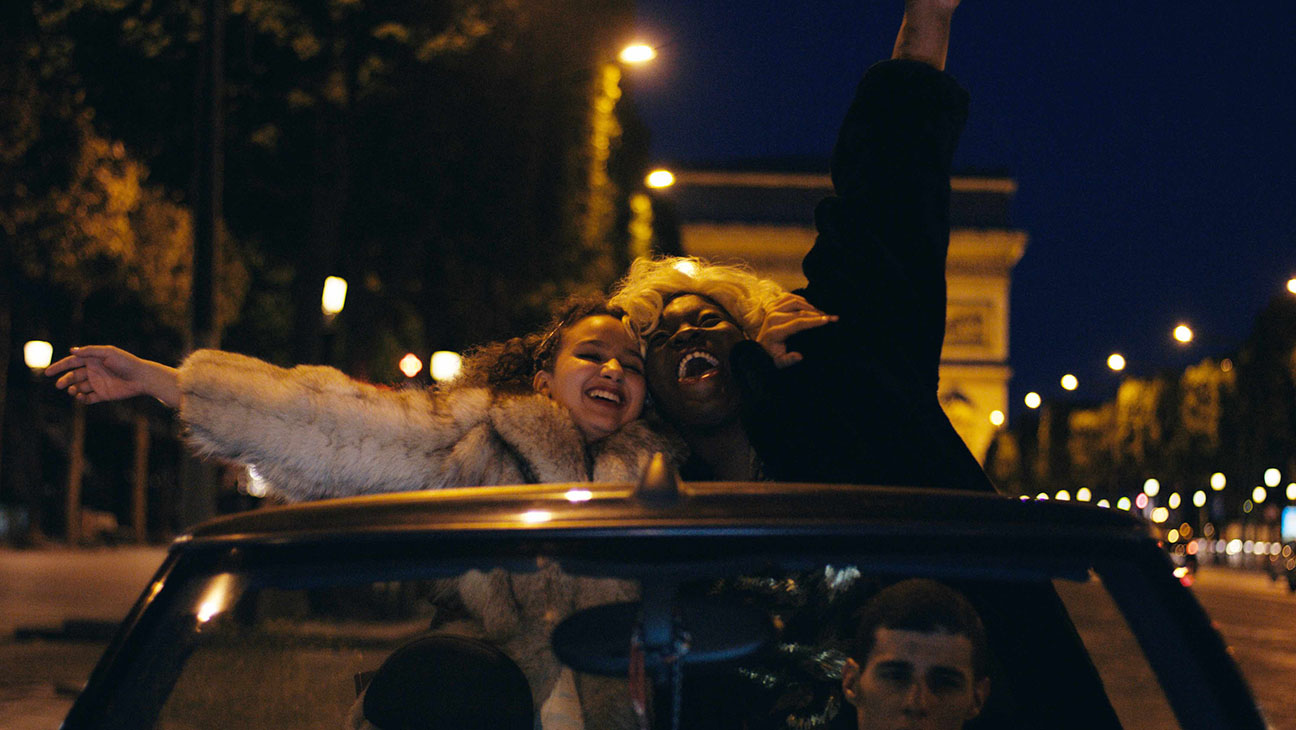Choosing a favorite Charlie Chaplin film is a bit like deciding which of your kids you prefer. It feels intrinsically wrong. Still, general critical consensus has elevated City Lights above the rest, routinely placing the 1931 masterpiece on lists of the greatest movies of all time.
Film
A note on this recurring column formerly known as New on Netflix. Due to diminishing new titles of interest, an increased focus on television programming and original productions, and Netflix’s apparent preference for streaming things like Sharknado: The 4th Awakens, we are changing this up a bit.
Of all the gorgeous old-time movie palaces around, San Francisco’s Castro Theater might be my personal favorite. Everything about it feels magical, from the 1920s marquee to the scroffito wall murals that seem carved out of gold. The Castro also plays host to some of the best programming in the Bay Area, including Noir City, which runs through Sunday.
When the French comedians and prank-enthusiasts Nicolas & Bruno were putting together In Search of the Ultra Sex, did they anticipate its rave reviews, midnight screening success, and repeated, somewhat bewildering comparisons to Michael Hazanavicius?
This is, after all, a film with no new visual content, constructed entirely out of vintage Canal+ porno excerpts and overlaid idiot dialog in the spirit of What’s Up, Tiger Lily?
There has perhaps never been a time when so many of us have uncomfortably pondered, or angrily debated, the relationship between art and artist in mainstream cultural production. Polanski and Allen loom large, but recent events have brought us Parker and Affleck, and an ever-growing menagerie of alleged (and almost certainly guilty) shitheels besides.
The late Sharon Jones — genius, honest-to-God lovely person — died too soon. Referred to as “the female James Brown” because of her stage energy and chops, she and the Dap-Kings built up a fervent fan base the old-fashioned way: by playing electrifying shows and putting out records (on vinyl!).
Unlike my pal Rick Kelley—who once told me, on the record, that “jazz sucks”—I actually like jazz music quite a bit, but I’m not great at just listening to it with full concentration. When my mind wanders, I sometimes play a game: “How would a rock music critic write about this?”
Has there ever been an actress as dismissed in her heyday and as celebrated by later generations as Louise Brooks?
Her first collaboration with G.W. Pabst — the essential Pandora’s Box — rankled German critics, many of whom felt the beloved role of Lulu should never have gone to an American, much less “an inanimate dummy” who didn’t know how to be “enough of a whore”.
Houda Benyamina is a force to be reckoned with, impassioned, outraged, and determined to fuck things up.
This would be clear enough from the director’s masterful 2011 short The Road To Paradise and her electric (Cannes d’Or-winning, Golden Globe-nominated) 2016 feature Divines, but Benyamina has wasted no time affirming it every chance she gets.
As an empathetic portrait of contemporary Bedouin life, Elite Zexer‘s Sand Storm is a standout success, immersing us in the push and pull of tradition and modernity. As a familial melodrama, and a complicated narrative without villains, it’s even better.

